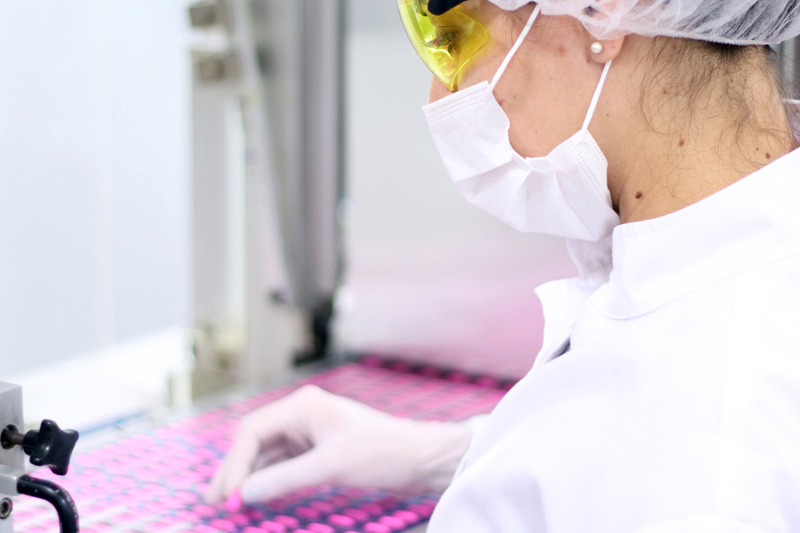By Kate Kelland
LONDON, Sept 10 (Reuters) - Scientists should be allowed to
genetically modify human embryos because such experiments are
essential to deepen understanding of basic biology, an
international group of science and ethics experts said on
Thursday.
A report by the Hinxton Group, a global network of stem cell
researchers, bioethicists and science policy and publishing
experts, said being able to edit the genetic code of human
embryos was of tremendous value to research.
It added, however, that allowing genetically modified
embryos to be used in clinical settings where they would go on
to be born as GM babies was, for now, a step too far.
"We believe that while this technology has tremendous value
to basic research and enormous potential... it is not
sufficiently developed to consider human genome editing for
clinical reproductive purposes at this time," they said in a
statement.
Scientists are currently debating the potential future use
of new genetic technology that has the potential to create
"designer babies" - a concept widely viewed with disapproval.
The technology, called CRISPR-Cas9, allows scientists to
edit virtually any gene they target, including in human embryos,
enabling them to find and change or replace genetic defects.
Chinese biologists triggered an international furore this
year when they reported carrying out the first experiment to
edit the DNA of human embryos. ID:nL1N0XK2LH
Many scientists argue its potential to drive medical
advances and help cure devastating diseases outweighs concerns
about its potential abuse by people wishing to create so-called
"designer babies".
But critics say once the technology is allowed for research
purposes, it is inevitable it will end up creating a market for
enhanced, genetically modified babies.
Debra Mathews of the Johns Hopkins Berman Institute of
Bioethics in the United States and a lead member of the Hinxton
Group, noted in a statement that there is "controversy and deep
moral disagreement about human germline genetic modification".
"What is needed is not to stop all discussion, debate and
research," she said, "but rather to engage with the public,
policymakers and the broader scientific community and to weigh
together the potential benefits and harms of human genome
editing for research and human health."
(Editing by Ralph Boulton)
